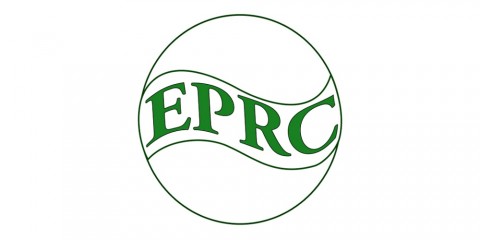Improving rural effective total sanitation through female local government members of Union Parishad led intervention in Bangladesh
2012 - 2016 • Environment and Population Research Centre (EPRC)
Purpose
The purpose of this project is to ensure gender mainstreamed effective total sanitation for well-being and to minimize health hazards in rural Bangladesh.
Activities
Focus of the project is to learn whether female Local Government members (FLGM), working with women’s groups, can establish effective sanitation improvements at scale.
EPRC is studying whether female Local Government members (FLGMs), working together with Cluster Women’s Groups (CWGs), can effectively promote sanitation, including ownership and use of improved latrines, hand washing and related hygiene practices. The FLGMs are elected reserved seat members of the Union Parishad (Council). Each UP has three FLGM that serve on the 09 members and one chairman body. Government policy stipulates that FLGMs should chair at least one third of the Council’s standing committees which in turn make recommendations for UP Council approval. The knowledge gained hopefully will contribute towards, development of effective sanitation process in Bangladesh as well as other developing countries. Many if not most countries have also been promoting a greater role for local government in sanitation campaigns. Attention to gender issues is often acknowledged as a necessary component, but empirical evidence and practical guidance on how to do this effectively has been lacking.
Countries of activity
Location of main activity
Objectives
To learn whether FLGM, working with women’s groups, can lead or establish an institution for effective sanitation including improved sanitary latrine and related hygiene practices
Filter tags
Bill & Melinda Gates Foundation Capacity development East Asia & Pacific Enabling environment and institutional strengthening Faecal sludge treatment processes Journalists Political processes and institutional aspects Practitioners Public awareness, advocacy and civil society engagement Rural Rural areas Specific to one or several countries University, education or research institution
Links

Uploaded by:
danijela milosevic (milli)















